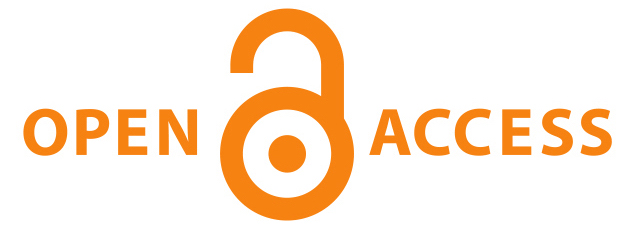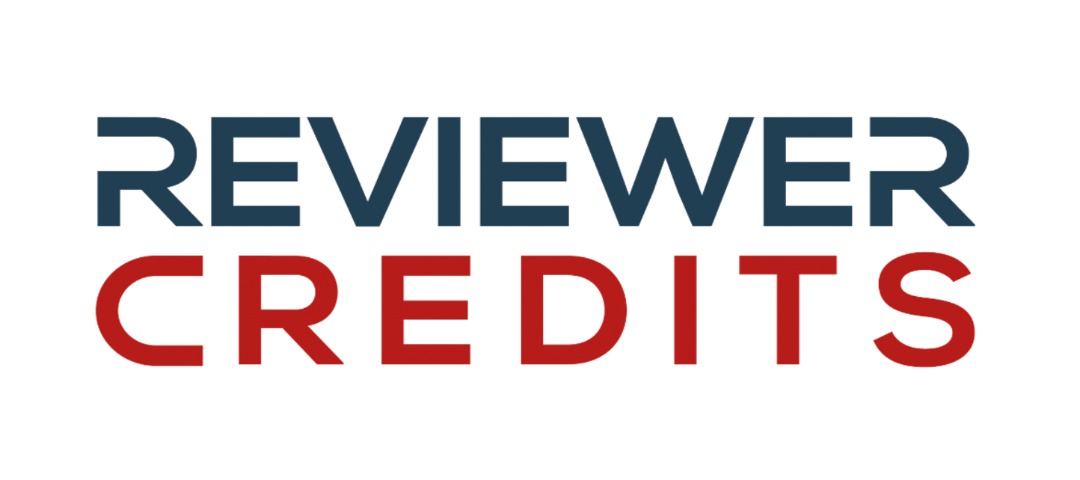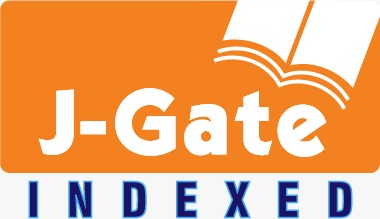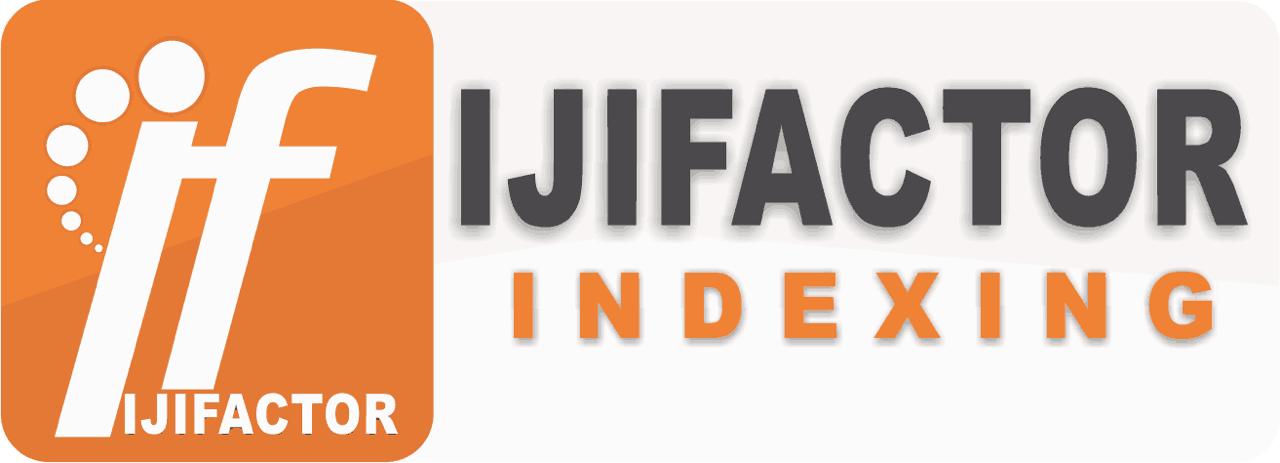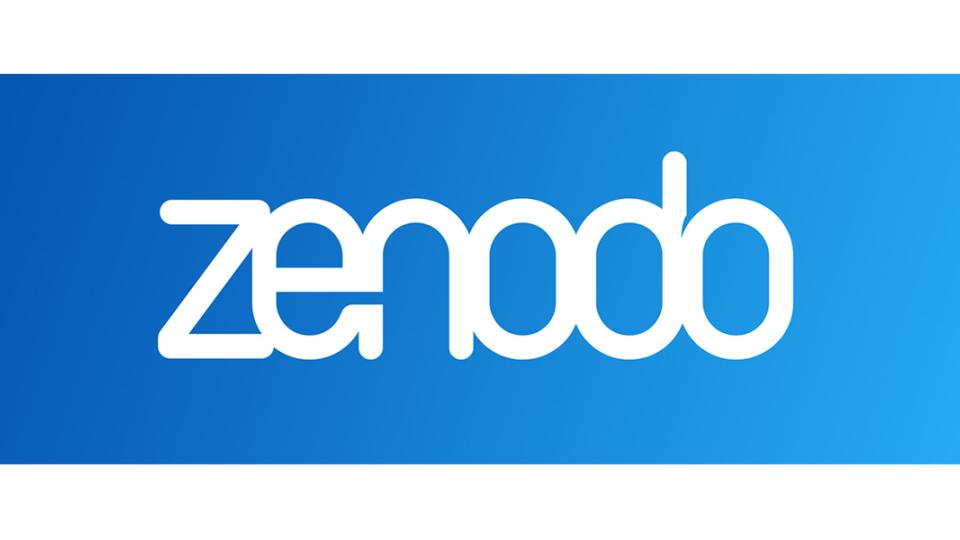The Mobile Gamification for Early Literacy: An Analysis of Learning Outcomes and Engagement
DOI:
https://doi.org/10.56868/jadhur.v3i4.234Keywords:
Gamification, Early Childhood Literacy, Vocabulary Development, Reading Comprehension, Youth, Engagement, Vulnerability, Identity, RadicalizationAbstract
This study aimed to evaluate the impact of gamified apps on phonemic awareness, vocabulary, and reading comprehension. The study aims to explore the relationship between engagement levels and literacy outcomes. A quasi-experimental design involving pretest and post-test assessments of 200 children aged 5 to 7 divided equally into experimental and control groups. The experimental group used gamified learning apps, while the control group engaged in traditional learning activities. Data were analyzed using paired t-tests, independent sample t-tests, ANCOVA, and multiple regression analyses. The findings revealed that the experimental group showed significant improvements in all literacy measures compared to the control group. Higher engagement with the gamified apps was positively associated with more significant literacy gains. The study concludes that gamified mobile learning apps enhance early childhood literacy by increasing engagement and motivation. These results have important implications for educators and policymakers, suggesting that integrating gamified elements into early childhood education can significantly improve literacy outcomes. Educational technology developers are encouraged to design engaging and motivational learning tools to maximize educational benefits.
Downloads
Published
How to Cite
Issue
Section
License
Copyright (c) 2024 Liu Li, Jing Zhang, Ziyan Guo, Yanyu Wang

This work is licensed under a Creative Commons Attribution 4.0 International License.


